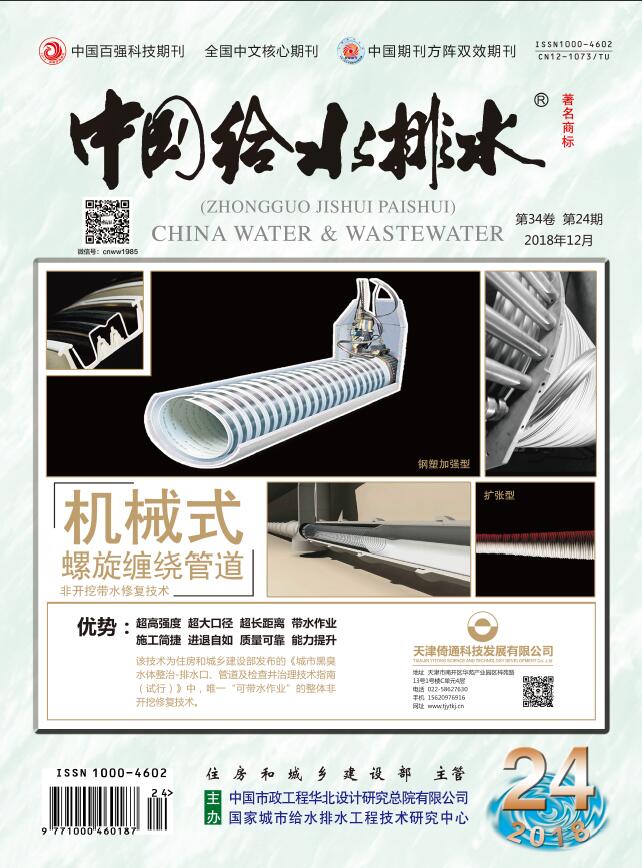BAOWen-ting,WANGWei-hong,KANGZeng-yan,et al.Recovery of Aerobic Granular Sludge Activity and Community Evolution in Treatment of Ketchup Wastewater[J].China Water & Wastewater,2024,40(7):98-104.
Recovery of Aerobic Granular Sludge Activity and Community Evolution in Treatment of Ketchup Wastewater
China Water & Wastewater[ISSN:1000-4062/CN:12-1073/TU]
volume:
第40卷
Number:
第7期
Page:
98-104
Column:
Date of publication:
2024-04-01
- Abstract:
- This paper stored aerobic granular sludge (AGS) cultivated in a sequencing batch reactor (SBR) treating synthetic ketchup wastewater within 185 days at -18 ℃ for 260 days, and then reactivated the stored granules in 130 days, so as to solve the environmental problems caused by high-concentration organic wastewater generated during the processing of ketchup in Xinjiang, and determine the wastewater treatment processes adapted to its production cycle. The granular sludge began to recover on the 13th day, and completely recovered its activity on the 35th day. The effluent became clear, and the average removal rates of COD, NH4+-N and PO43--P eventually maintained at 95%, 82% and more than 80%, respectively. The results of high-throughput metagenomic sequencing showed that the bacterial diversity changed continuously, the uniformity gradually increased, and the total abundance of dominant bacterial phylum Proteobacteria and Bacteroidetes accounted for more than 80%. A group of bacteria in the Planctomycetes promoted partial nitrification and denitrification, which was of great significance for nitrogen circulation and efficient degradation of ketchup processing wastewater. The synergistic or competitive relationship of microbial community evolution was the driving force for the effective degradation of organic matter by microorganisms in activated sludge, and played an important role in the stability of the system.
Last Update:
2024-04-01

